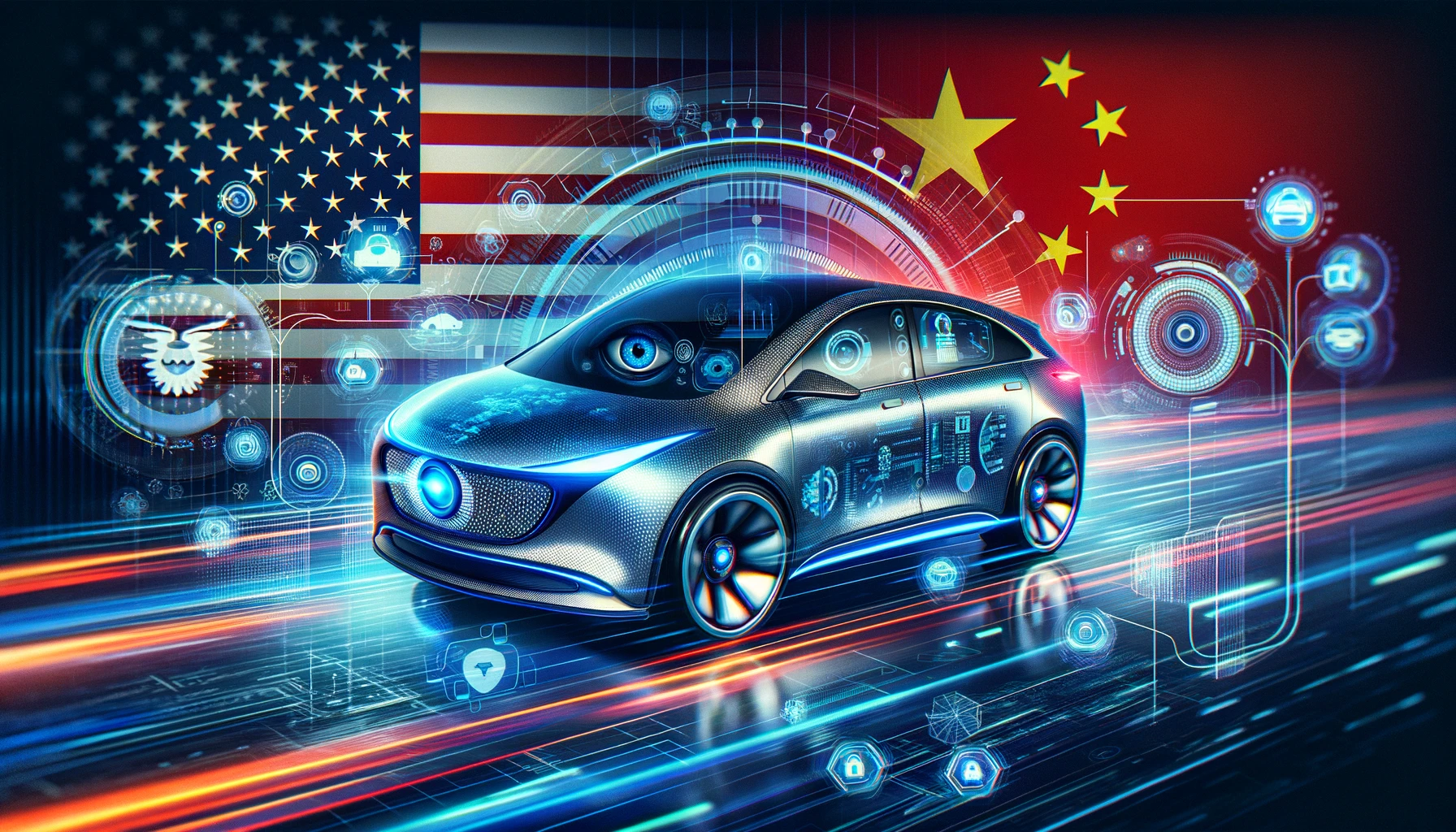In a world where technology increasingly intersects with every aspect of our lives, the line between innovation and privacy continues to blur. The United States government, in its latest move reflecting this delicate balancing act, is reportedly considering imposing restrictions on Chinese smart cars amid growing surveillance fears. As we embark on this exploration, let’s dive into the complex interplay of technological advancement, national security, and the global automotive landscape. This article aims to shed light on the nuanced considerations behind the US’s contemplation of restrictions, offering insights beyond the typical discourse found elsewhere.

How the US-China Trade War Affects Smart Car Imports (PDF)
The Specter of Surveillance: A Closer Look
Smart Cars: The Double-Edged Sword
Smart cars represent the pinnacle of automotive technology, equipped with internet connectivity and the ability to collect vast amounts of data. This technological marvel, however, comes with its own set of risks. The data harvested by these vehicles—ranging from location tracking to personal preferences—poses a significant risk if it lands in the wrong hands, particularly foreign governments known for surveillance activities.
Why the US is Wary
The concern over Chinese smart cars is not without precedent. Past incidents of cyber espionage attributed to Chinese entities highlight the potential for abuse of data collected by connected vehicles. The US government’s contemplation of restrictions on these vehicles is a strategic move to safeguard critical domestic industries and the privacy of American citizens from foreign espionage and cyber threats.
Navigating the Trade Turbulence
Impact of the US/China Trade War
The automotive industry has not been immune to the repercussions of the ongoing trade war between the US and China. With additional tariffs already making Chinese electric vehicles less competitive in the US market, the proposed restrictions could further alter the global automotive landscape, signaling a significant shift in international trade dynamics.
Global Perspectives on Technology and Privacy
Experts like Jane Doe, specializing in cybersecurity and international relations, emphasize that the US’s concerns are shared globally. As nations grapple with protecting data privacy without stifling technological progress, the US’s stance on Chinese smart cars could influence international policies on technology and surveillance.
Towards a Future of Protected Privacy
The Biden Administration’s Data Protectionism
In an era where connected devices are ubiquitous, the threat of data breaches and foreign surveillance looms larger than ever. The proposed measures against Chinese smart cars reflect a broader trend towards prioritizing data protection, signaling a move towards stringent data privacy laws and regulations worldwide.
Implications and Future Directions
While the specifics of the restrictions remain under wraps, they are expected to include rigorous examination of the technological and data practices of Chinese automotive companies. This move could set a global precedent, encouraging other nations to adopt similar measures to protect their citizens from surveillance.
Conclusion
As we stand at the crossroads of technological innovation and privacy, the US government’s deliberations on Chinese smart cars highlight a critical challenge facing our interconnected world. The decisions made today will not only shape the future of the automotive industry but also define the landscape of data privacy and cybersecurity for years to come. As the sun sets on this chapter of the saga, one question remains: How will we navigate the complexities of technological advancement while safeguarding our privacy and security? The journey ahead promises to be as tumultuous as it is transformative, marking a pivotal moment in the ongoing battle for data supremacy.




